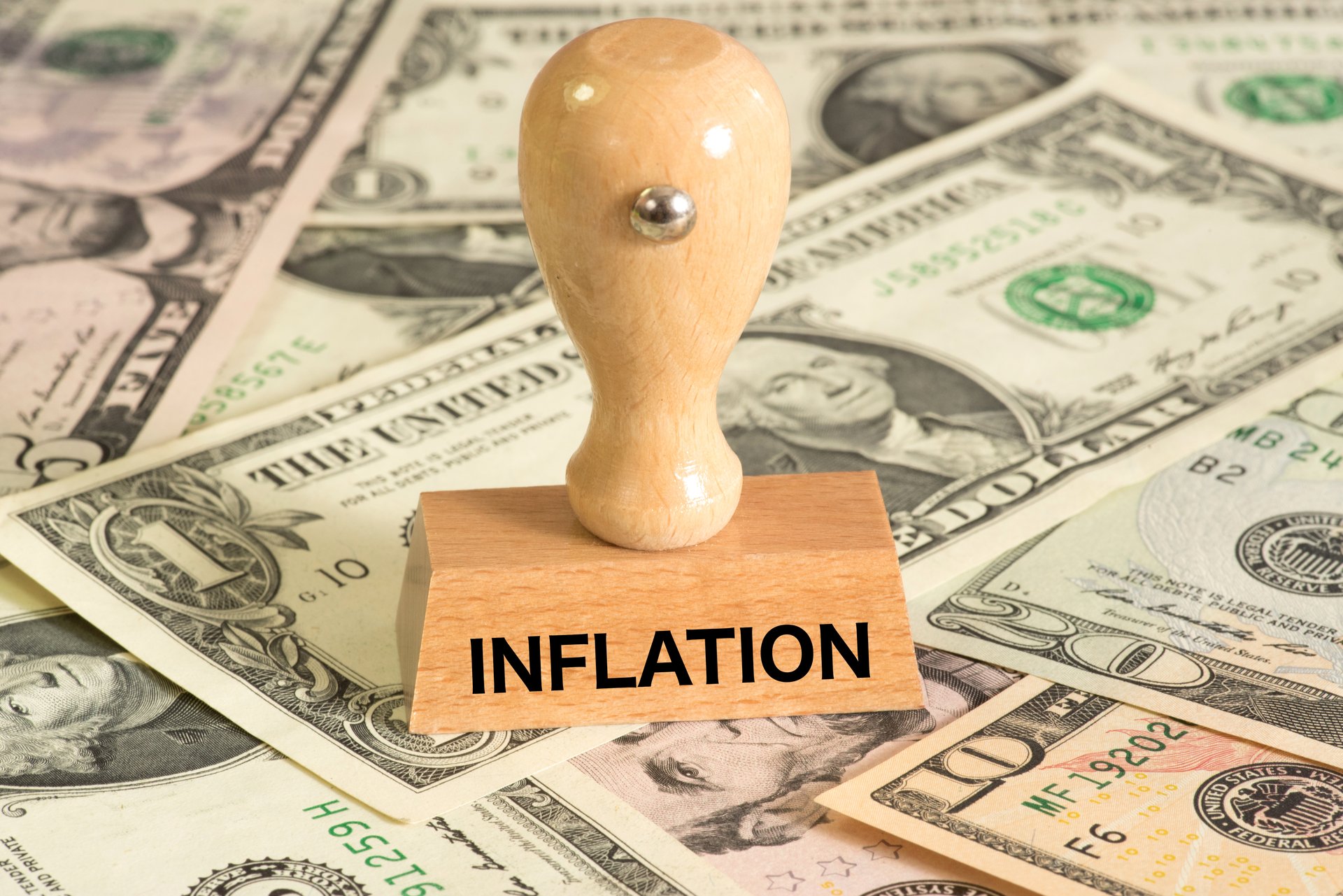
Welcome to the “2-Minute Money Manager,” a short video feature answering money questions submitted by readers and viewers.
Today’s question is about investing; specifically, whether I-bonds should be a part of your portfolio.
I-bonds are a unique brand of government bond designed to protect you from a rise in prices.
Watch the following video and you’ll pick up some valuable information. Or, if you prefer, scroll down to read the full transcript and find out what I said.
You also can learn how to send in a question of your own below.
For more information, check out “6 Ways to Keep Inflation at Bay in 2019.” You can also search our website for more on this topic.
And if you need anything from a a better credit card to a mortgage, be sure to visit our Solutions Center.
Don’t want to watch? Here’s what I said in the video
Hello, and welcome to your “2-Minute Money Manager.” I’m your host, Stacy Johnson, and this answer is brought to you by MoneyTalksNews.com, serving up the best in personal finance news and advice since 1991.
Let’s get right to today’s question. It comes to us from an anonymous reader:
“What’s your advice on I-bonds? I have a few of them I bought for $50. Do they really stay ahead of the rate of inflation?”
Well, let’s talk a little bit about I-bonds: What they are, whether they’re a good idea and how you go about buying them.
What’s an I-bond?
An I-bond is just a bond issued by the U.S. government, which means it’s hyper-safe. Since the government can literally print money, government bonds are the safest things around.
I-bonds have two interest components. The first is a fixed rate of return. Currently, that’s 0.5 percent. But an I-bond also has a variable interest component, a rate that resets every six months — on May 1 and Nov. 1. That interest rate is currently 2.3 percent. Add these together, and an I-bond you purchase today will pay about 2.8 percent.
In summary, you get a fixed rate and an inflation “kicker” that readjusts twice a year, on May 1 and Nov. 1. The current fixed interest rate, 0.5 percent, stays with the bond for its life, which is 30 years. That’s the rate when I wrote this in February 2019. But when you buy an I-bond, it could be different.
While these are 30-year bonds, you can sell at any time after the first year. But if you sell within five years, you’ll have an interest penalty equal to the last three months’ interest. After five years, you can sell without penalty. So, despite the fact that an I-bond has a 30-year life, you’re not stuck with it for that long.
Are I-bonds a good investment?
There’s nothing wrong with buying I-bonds. They are a good investment.
Obviously, rates aren’t currently awesome. As I said, as of February 2019, the rate is 2.8 percent, with the variable interest rate changing every six months. I-bonds can also have a different fixed rate, depending on when you buy them.
Other good qualities of I-bonds:
- The interest accrues tax-deferred. That is, you don’t pay taxes on it until you cash the bond in.
- There’s no risk, since they’re issued by Uncle Sam.
- They adjust for inflation, so if you hold a bond, your interest should rise if inflation rises.
Bottom line? I-bonds can be a decent part of your portfolio — the part you want kept really safe.
One drawback, however: You’re limited to $10,000 in I-bond purchases per year.
How do you buy I-bonds?
Buying these bonds is easy. You just go to TreasuryDirect.gov, and you can learn everything you need to know about I-bonds, as well as other kinds of government bonds. This is also the place where you can buy them.
I hope that answers your question, and I hope you guys will all join me next time!
Got a question you’d like answered?
You can ask a question simply by hitting “reply” to our email newsletter, just as you would with any email in your inbox. If you’re not subscribed, fix that right now by clicking here. It’s free, only takes a few seconds, and will get you valuable information every day!
The questions I’m likeliest to answer are those that will interest other readers. In other words, don’t ask for super-specific advice that applies only to you. And if I don’t get to your question, promise not to hate me. I do my best, but I get a lot more questions than I have time to answer.
About me
I founded Money Talks News in 1991. I’m a CPA, and have also earned licenses in stocks, commodities, options principal, mutual funds, life insurance, securities supervisor and real estate.
Got any words of wisdom you can offer on today’s question? Share your knowledge and experiences on our Facebook page. And if you find this information useful, please share it!





Add a Comment
Our Policy: We welcome relevant and respectful comments in order to foster healthy and informative discussions. All other comments may be removed. Comments with links are automatically held for moderation.